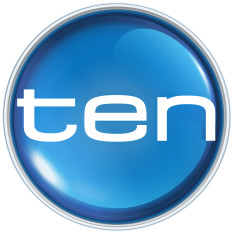Media firms frustrated as reform bill faces another 10-week inquiry amid Labor and Green concern
Media reform in Australia – reintroduced by the Government this morning – is facing another protracted 10-week inquiry.
Labor Senators called for another detailed exploration of the bill after it was reintroduced in the Lower House before going to the Senate.
The committee looking into the reforms, the Senate Environment and Communications Committee, must report by November 11.



Not sure about the licence fee bit.
The licence fee is basically rent for the broadcast spectrum which is publicly owned. You try not paying rent!